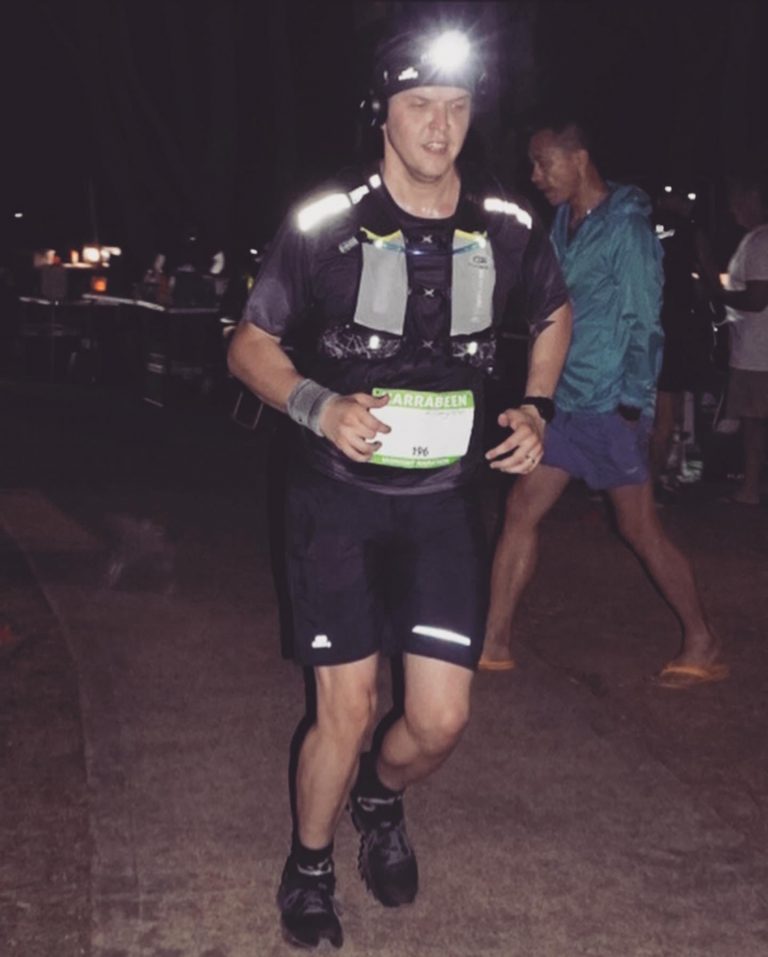Running is an excellent form of exercise because of various reasons. It improves mental and physical health, burns calories, and helps build strong bones. More so, running is completely free.
However, it requires total commitment and motivation, which most people, especially beginners, lack.
One of the races that have become popular for individuals venturing into running is the 5K race.
Besides being the shortest of any road race events, the 5K race offers novices an excellent platform to acquaint themselves with the running community.
If you’re thinking of getting into the 5K race, the first thing that comes to mind is, what is the best 5K run time for a first-timer?
This is understandable since human beings are inherently competitive and always focus on doing something they are good at better.
Whether you’re taking up running as a beginner or coming back after an extended period, this article will help you understand how long it should take you as a beginner to run a 5K race.
How Long is a 5K Race?
To help you understand everything about time, let’s first make sure you know how long a 5K run is. 5K is generally a short form for 5 kilometers.
And since one kilometer is equivalent to 0.621 miles, when you cover 5 kilometers, it means you run for 3.1 miles.
Factors that may Affect a 5K Run Time?
The average run time for a 5K race is significantly determined by the sex and age of the runner. On average, 20-29 is considered the peak age for 5K run time.
Runners aged between 20-29 are more likely to deliver exceptional run times than any other age group.
Conversely, the sex of the runner determines their 5K run time. Essentially, men complete a 5K race faster than women in their age group.
An article on the Endocrine Reviews in 2018 indicated that the difference in athletic performance is because of the testosterone levels, which determine the strength, muscle mass, and hemoglobin levels.
What is the Average 5K Run Time for Professional Athletes and Intermediate Runners?
Professional athletes and elite runners boast a pretty impressive 5K run time of between 12 to 19 minutes.
The race’s world record time stands at 12:37.35 minutes for men and 14:11.15 minutes for women. Therefore, male athletes who run the 5K race under 17 minutes and women who run under 19 minutes are considered elite/ professional.
The average 5K run time for regular runners is around 20-25. To achieve this, individuals run a 7- or 8-minute mile pace.
What Time Should You Record as a Beginner in a 5K Race?
If you’re physically fit, you can try to finish the 5K race in under 25 minutes. This means you need a pace of 8-minute for every mile. However, this can be daunting if you haven’t trained or are older.
Runners entering the 5K race for the first time should complete the race in about 25 to 38 minutes.
Male runners should try to average between 25 to 34 minutes and female runners 30 to 38 minutes. For beginners to achieve such a milestone, they’ll have to run a mile in 9 to 12 minutes.
And since walking is allowed, if you walk at a brisk pace of 1 mile in 15 to 20 minutes, you can finish the 5K race in one hour.
Does Time Matter in Running?
Although time is the best parameter to rate your performance in any race, it is easy to get caught up in the matrix of finishing times as a beginner. This can shift your focus and make you feel inadequate.
Competition may be a healthy thing, but trying to compare yourself with others can be very discouraging.
Therefore, while you should always track the time when running a 5K race, you should be more concerned about delivering your level best and improving on your previous record.
People are gifted differently and have unique capabilities, so comparing them can be confusing and unnecessary.
Setting goals when running your race is an excellent idea, but you should be realistic. Rather than trying to match or break records set by professional athletes and elite runners, focus on achieving your personal best. Move step by step, and everything will fall into place in due time.
It would help if you always competed against your previous time instead of focusing on what others are doing.
However, knowing the averages is beneficial since it helps you come up with realistic goals.
How can you improve your 5K running time?
Once you decide to jump into the 5K race, you need to be dedicated and motivated. However, these alone can’t make you improve your running time. You need to combine a variety of exercises and train relentlessly.
The American Council on Exercise claims that combining different workouts and taking time off to rest can improve your running time and lower the risk of injuries.
Follow these insightful tips to help you improve your 5K run time:
Make healthy lifestyle choices
One conscious decision that can help you improve your run time is living a healthy lifestyle. Consume healthy foods such as vegetables and fruits, drinking more water, quitting alcohol and smoking, and get quality sleep.
Warming up before and after running
Warming up before the race is critical as it activates muscles and increases the range of joint movement. This prepares your body for flight and reduces incidences of injury.
It also helps raise the breathing rate and heart rate, two aspects that are essential for running.
Warming up after the race allows your body to cool down effectively and prevents the accumulation of lactic acid, which can lead to sore and painful muscles.
- Perform high-intensity interval training (HIT) workouts and runs to improve speed and endurance
High-intensity training helps burn calories and build muscles, thus put more power behind your strides. It also improves your endurance by facilitating the seamless flow of oxygen and blood.
Runners should incorporate HIT workouts in their training routine to build muscles and resilience that are integral for running.
They should also spend time running on the treadmill or uneven terrains to improve speed and efficiency.
Get the right pair of shoes
The type of running shoes you adorn can significantly affect your running time. For a race like 5K, minimalist running shoes are the best since they are highly flexible and don’t interfere with the natural foot movement.
They provide foot support and increase running performance.
Combine your running routine with strength training
Strength, mobility, and flexibility are essential elements when running any race. Strength training exercises and stretches will help loosen up your body and make it more mobile and flexible.
Make gradual changes to your running sessions
When venturing into the 5K race, start with 20-30-minute sessions and gradually increase the duration as you become more fit and resilient.
Enhance your balance and coordination
Coordination helps you channel the trained muscle power accordingly and get the highest possible speed using minimal energy. Balance ensures that you have a stable stance and don’t wobble when running a 5K race.
Some of the exercises that can enhance your balance and coordination are:
- Straight-leg bounding
- High knees -running and walking
- Skipping and hopping drills
- Controlled splints
- Butt kicks
- inseam pulls.
Once you engage in these helpful training exercises, you can stabilize your stances, improve your posture, and have more coordinated movement.
However, it would help to vary your workout routine by changing the time, intensity, and distance.
More importantly, don’t forget to spare some time for recovery. Your body needs to adapt to stress and recover for the next running experience.
What to Consume Before a 5K Run?
As mentioned, eating a healthy diet is crucial since your body will be burning more calories than usual. Ensure that your plate has a balanced ratio of proteins, fats, complex carbohydrates, and vegetables to help your body in the recovery process.
During the week of the 5K race, plan meals that you’re comfortable with. Avoid introducing new foods during this period. Consume what your body is used to and avoid overeating.
On the dee day, try to relax and avoid distractions. Reassure yourself that you’ve got this. After weeks of training and hard work, it’s now time to do your best.
The Bottom Line
The 5K race may not be one of the longest races, but it has its challenges. As it stands, the best athletes and runners can average between 12 and 19 minutes.
Intermediate runners working towards getting into the upper bracket usually average between 19 and 25 minutes.
For beginners, anything from 25 to 40 is acceptable. However, it’s crucial to remember that biological sex and age are significant determiners of the time you’ll record in a 5K race.
If you have just ventured into the 5K race and want to record the best time possible, you need to practice and train with utmost motivation and dedication.
First, engage in intensity interval training to training burn calories, build muscle and train your endurance. Then, engage in strength training to improve mobility and flexibility, and lastly, engage in exercise that enhances balance and coordination.
However, the take-home is, all these times are subjective. Your goal should be to do better than what you did yesterday.

Marko Rakic is a trail runner and fitness enthusiast from Sydney, Australia. He is the lead writer for The Ultimate Primate and believes the best way to live a happy life is through constantly challenging yourself.
